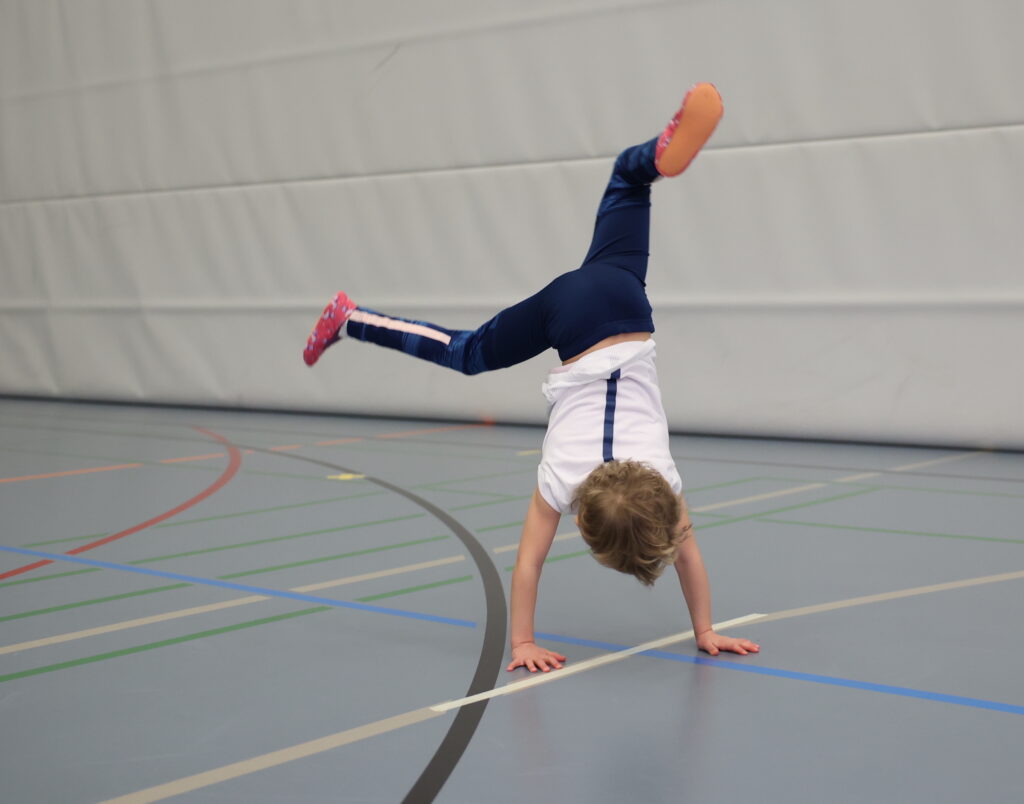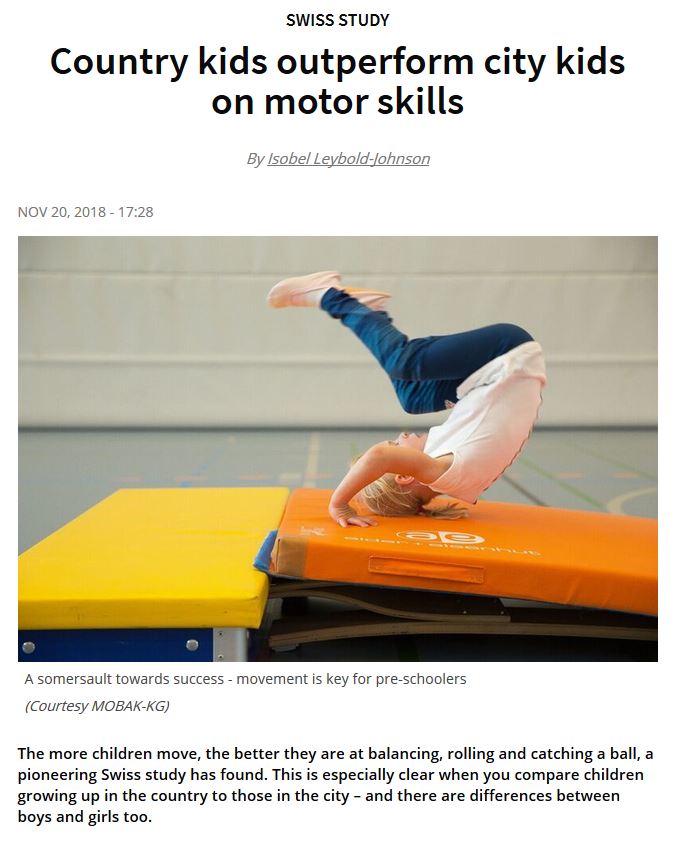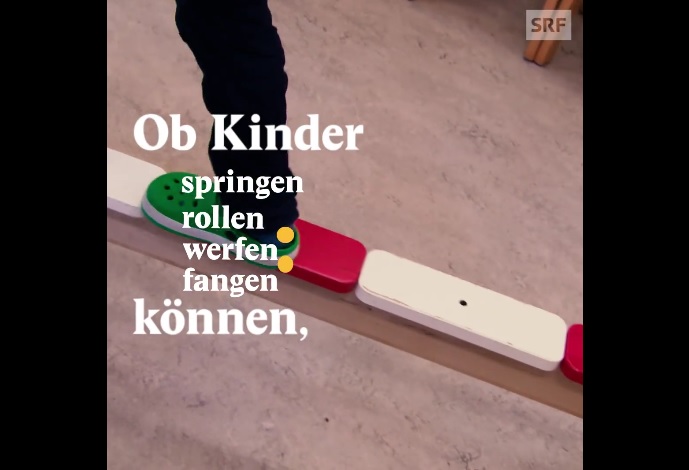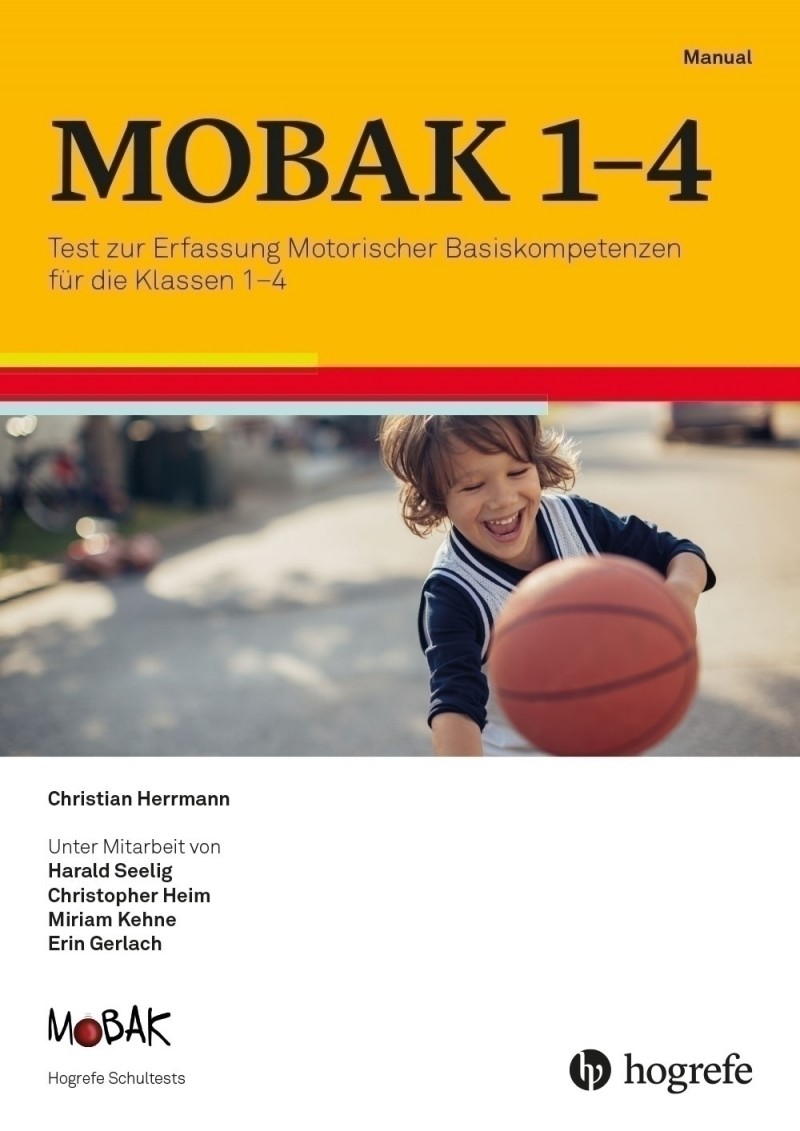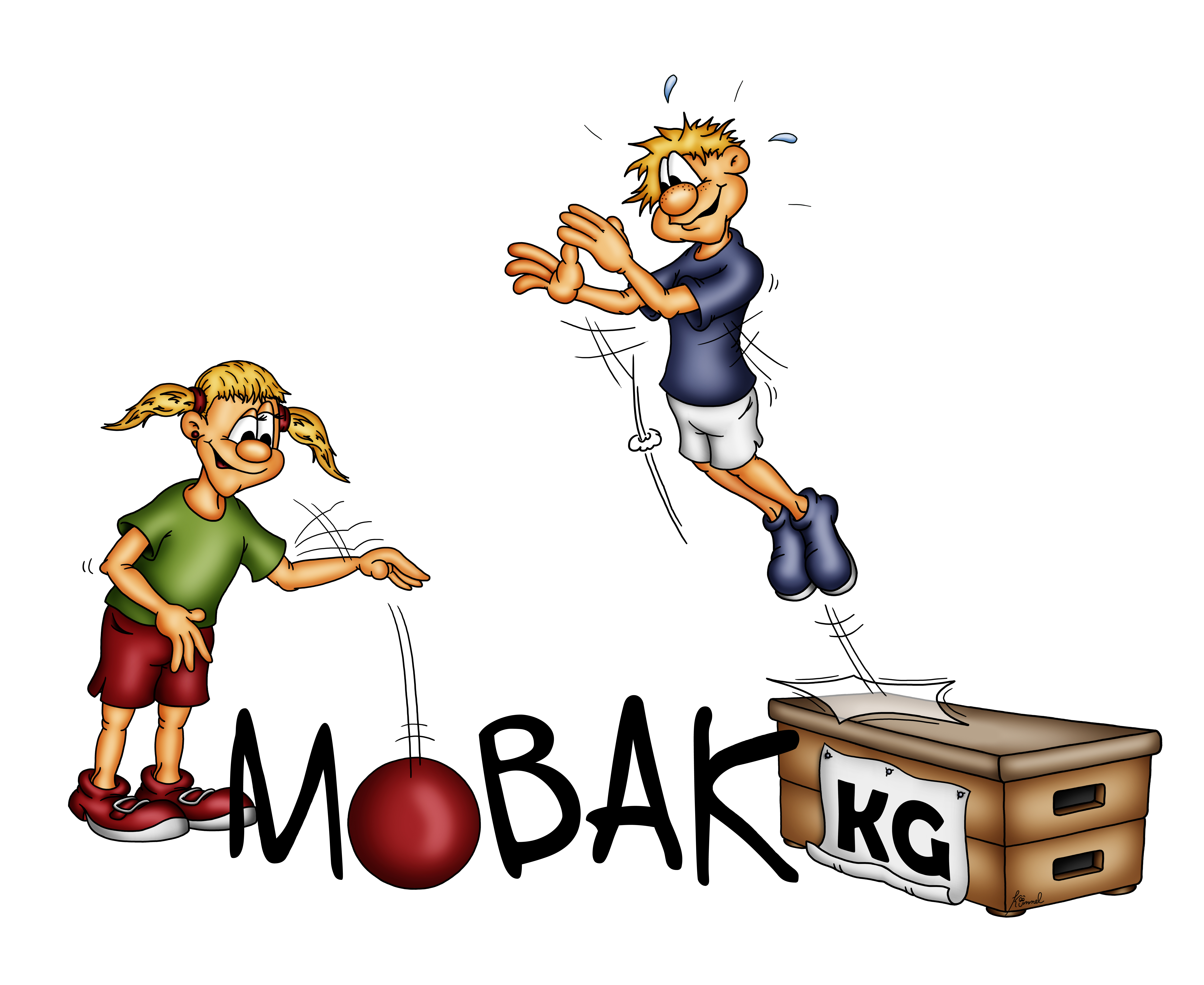In order for children to actively participate in sports inside and outside of school, they need basic motor competencies. These are reflected by children’s ability able to bounce, dribble, throw and catch a ball in an age-appropriate manner, and to balance, jump, run and roll safely. Basic motor competencies are part of the subject-specific learning objectives of physical education and are anchored in the curriculum. Previous studies in German-speaking countries have shown that the level of basic motor competencies varies among children from different regions and that it is related to various endogenous and exogenous factors such as age, gender or physical activity.
To assess these relationships in an international setting, the basic motor competencies of 3758 first and second grade children in ten European countries were measured using the MOBAK-1-2 instrument (Herrmann, 2018) under the leadership of the Universities of Basel, Potsdam and Luxembourg as part of the Erasmus+ funded project “Basic Motor Competencies in Europe (BMC-EU) – Assessment and Promotion”. In the process, the children had to perform in eight different motor tasks, which were assigned to the two competence areas object movement (tasks with a ball) and self-movement (tasks with their own body). In addition, the children were asked about their extracurricular sports activities.
It was found that the level of basic motor competencies differed significantly between the children from the different countries. In contrast, the correlations of basic motor competencies with age, gender, body mass index and extracurricular physical activity of the children were similar in all regions. The associations found are consistent with previous research on basic motor competencies. E.g., participation in extracurricular physical activity was found to be associated with higher basic motor competencies, depending on the type of sport participation.
The strong differences in basic motor competencies and in participation in extracurricular sports show the importance of promoting basic motor competencies and the offer and provision of easy access to extracurricular sports. The authors recommend that future studies include country-specific characteristics and structural factors of the education system. As part of the overall project, teaching materials were developed for teachers to provide children with targeted support in basic motor skills (available at http://mobak.info/bmc-eu/#1586525520273-90427982-0436).
The findings of the study can be read in detail via the following link: https://www.frontiersin.org/articles/10.3389/fpsyg.2022.804753/full
